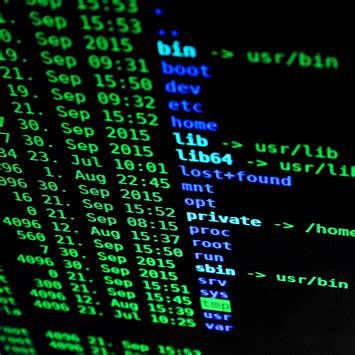Data Security for Churches and Ministry Organizations:
- Caesar Jamison

- Jan 12, 2023
- 2 min read
Updated: Jan 14, 2023
Dear God, as we consider the importance of data security for churches and ministry organizations, we ask for your protection and guidance. Help us to use technology in a way that is responsible and keeps your people safe.
The risks and consequences of data breaches for churches and ministry organizations can be significant. Sensitive information such as financial data, personal contact information, and confidential records can be compromised, leading to financial loss, damage to reputation, and a loss of trust among church members. It is essential for churches and ministry organizations to prioritize data security and take steps to protect sensitive information. Here are some strategies for prot
ecting sensitive data:
Use strong, unique passwords: It's important to use strong passwords that are difficult to guess and not used for any other accounts. It can also be helpful to use a password manager to generate and store unique passwords for each account.
Enable two-factor authentication: Two-factor authentication adds an extra layer of security by requiring a second form of authentication, such as a code sent to a phone, in addition to a password. This can help prevent unauthorized access to accounts.
Use encrypted communications: Encrypting emails and other communications can help protect sensitive information from being intercepted and viewed by unauthorized parties.
Regularly update software and security protocols: Keeping software and security protocols up-to-date is essential for protecting against the latest threats. Make sure to regularly update your systems and stay informed about new security measures.
In addition to these technical measures, it's important to create a culture of data security within a church or ministry organization. Here are some tips for doing so:
Educate staff and volunteers: Make sure that staff and volunteers are aware of the importance of data security and know how to protect sensitive information.
Establish clear policies and procedures: Have clear policies in place for how to handle and protect sensitive data. Make sure that all staff and volunteers are familiar with these policies and understand their responsibilities.
Regularly review and update policies: As technology and threats evolve, it's important to regularly review and update data security policies to ensure that they are effective and up-to-date.
There are many resources available for staying up-to-date on data security best practices. Here are a few:
National Cyber Security Alliance: The National Cyber Security Alliance provides information and resources on how to stay safe online, including best practices for data security.
Cybersecurity and Infrastructure Security Agency: The Cybersecurity and Infrastructure Security Agency (CISA) is a division of the Department of Homeland Security that provides information and resources on cybersecurity.
TechSoup: TechSoup is a nonprofit organization that provides resources and support to other nonprofits on a variety of topics, including data security.
By prioritizing data security and creating a culture of data security within a church or ministry organization, we can protect sensitive information and create a safe and trustworthy environment for all. May we use technology in a way that honors you and serves your people. Amen.



Comments